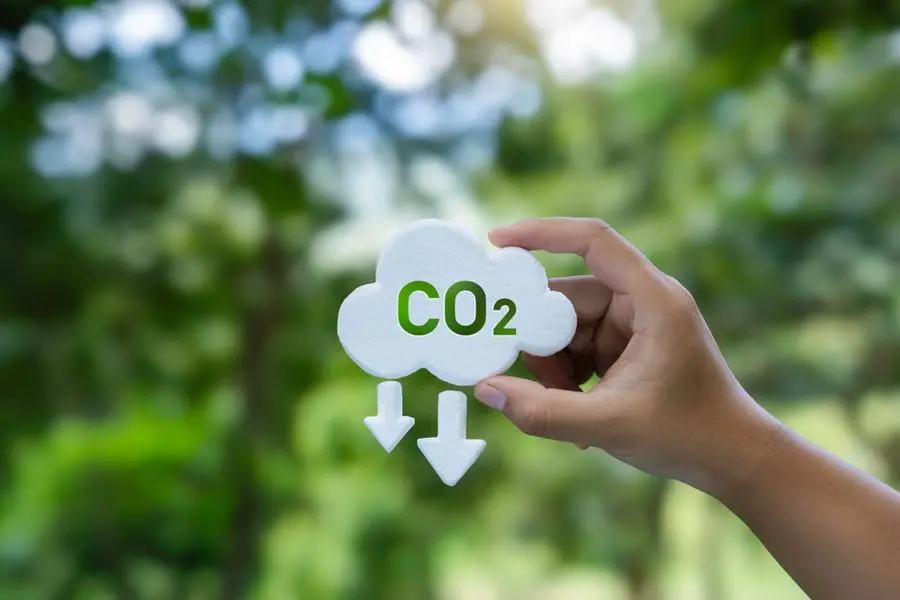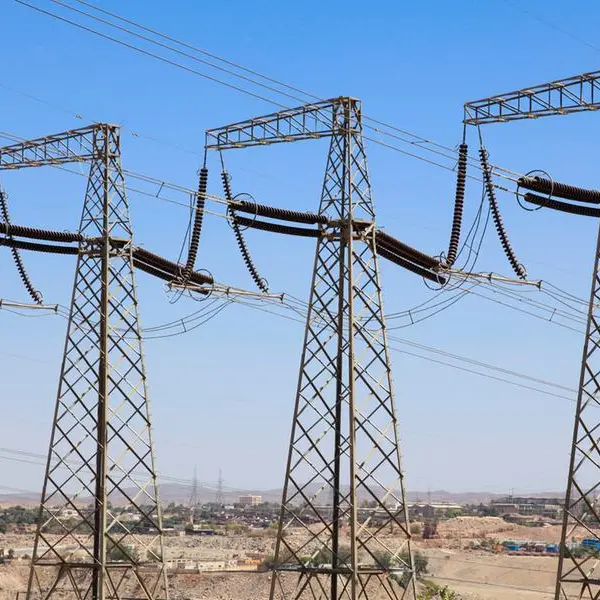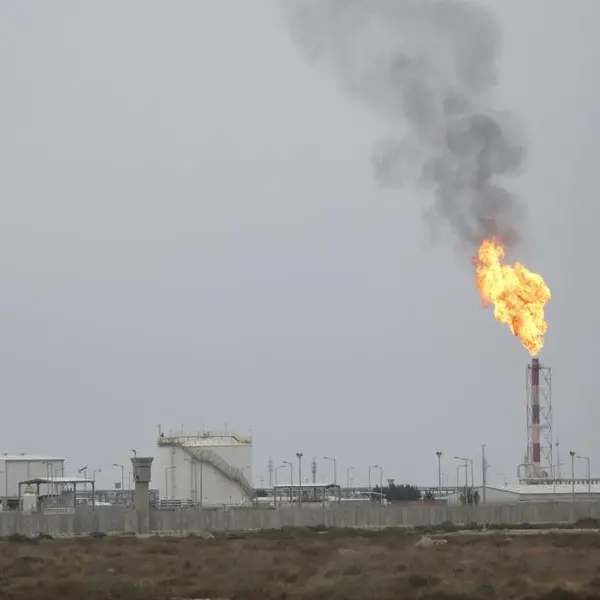PHOTO
The World Economic Forum today launched its Playbook of Solutions, a novel digital platform that breaks down 100 policy measures, finance mechanisms and de-risking solutions from the past two decades that have successfully helped unlock capital for clean energy investment in 47 emerging and developing economies.
Accelerating the clean energy transition and tripling renewables by 2030 will require a vast scale-up of investment and finance. To build the global financial architecture needed to support these transformations, annual average investment in renewable energy will need to be multiplied by five to seven to reach at least US$1.7 trillion by 2030. Emerging markets and developing economies (EMDEs) are set to represent 90 percent of the growth in global energy demand by 2035 while hosting the lion's share of the global population. Yet, they account for less than one-fifth of global clean energy investments, in part due to risk profiles and regulatory environments that may not align with the preferences of many investors.
“The Playbook aims to debunk some of the myths surrounding the developing world and demonstrate that innovative solutions for EMDEs by EMDEs already exist,” said Samaila Zubairu, President & Chief Executive Officer of the Africa Finance Corporation (AFC), and Co-chair of the Network. “Strategic partnerships led by reputable institutions like the AFC are essential to bridge the clean energy investment gap in the Global South, because they will accelerate the global shift to clean energy, strengthen economic resilience, and meet the urgent energy needs of emerging markets.”
On top of detailing 100 solutions from 47 countries – and acknowledging that success often stems from a combination of strategies – the Playbook also highlights four integrated national approaches with a detailed analysis of Brazil, Chile, Egypt and India’s success stories. These analyses demonstrate how countries have raised billions in clean energy capital by deploying a comprehensive blend of strategies, including innovative policy measures and finance platforms. These include government commitments backed by attractive and stable policies, such as tax benefits and auctions; guarantees and currency hedging to alleviate investment risks; and innovative structures, such as debt swaps, to scale finance.
The Playbook of Solutions aims to guide governments, development finance institutions and private sector energy and finance players as they approach energy transition project financing in emerging markets. It highlights that the combination of policy action, de-risking tools and innovative financing mechanisms is the key to unlocking the $1.7 trillion needed in the Global South, demonstrating that no single actor can accomplish this alone.





















